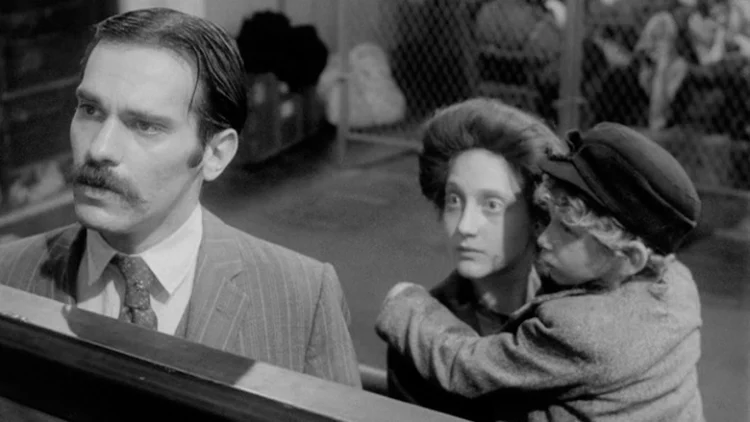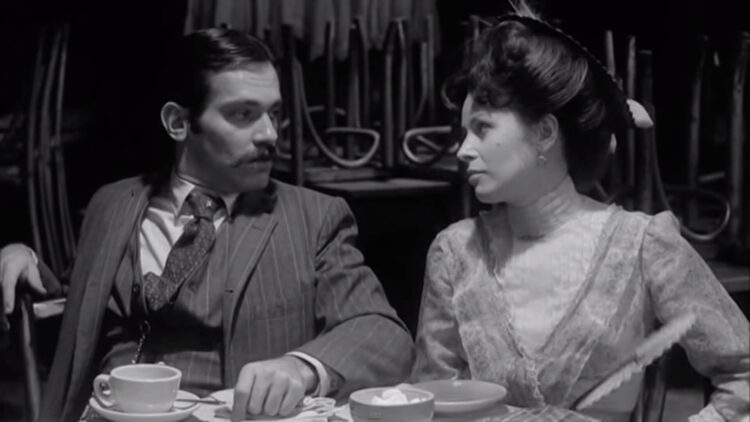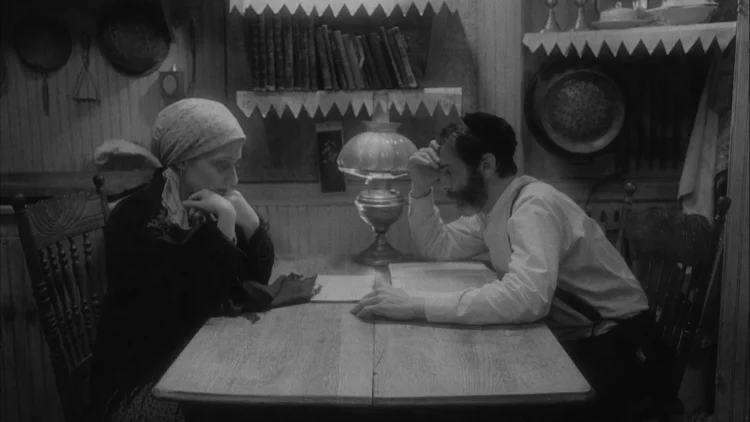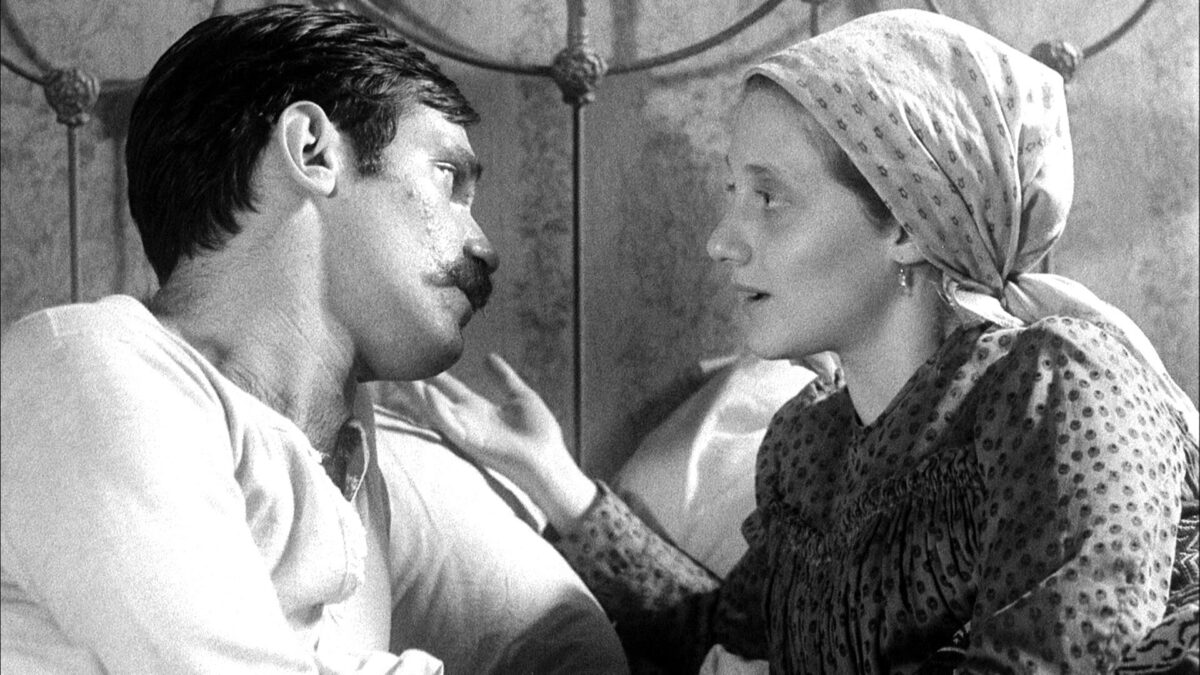A restored version of Joan Micklin Silver’s 1975 classic, Hester Street, awaits viewers who fondly remember and still savor it. Based on Abraham Cahan’s short story, Yekl, it will be screened at the forthcoming New York Film Festival.
Silver, who died earlier this year, made Hester Street on a shoestring budget, and her husband distributed it. Neither of them could have imagined what a chord it would strike in terms of box-office appeal.
It is set in 1896 in New York City’s Lower East Side, a crowded and colorful neighborhood in Manhattan largely inhabited by Jewish immigrants from Eastern Europe. Silver recreates a corner of this teeming district with an astonishing degree of accuracy. And better still, the movie unfolds in two languages, Yiddish-inflected English and Yiddish.
It stars Steven Keats as Jake (Yankel), an Americanized garment worker from Russia, and Carol Kane as Gitl, his traditional home-bound wife.
Several minutes into this atmospheric film, which is rendered in black-and-white hues, Jake picks up Gitl and their son, Yosele (Paul Freedman), on Ellis Island, the gateway to the United States.

Not having seen Gitl since at least Yosele’s birth, Jake is embarrassed by her appearance. She wears a wig and looks positively dowdy. To Jake, Gitl is a rank greenhorn who needs to “fix” herself. Unbeknown to Gitl, he is having a torrid affair with Mamie Fein (Dorrie Kavanaugh), a Jewish dancer from the old country.

In short order, Jake removes Yosele’s sidecurls, renames him Joey, shows him around town, and teaches him English. He leaves Gitl alone at home to cook and clean.
No dummy, Gitl suspects that Jake is cheating on her. Bernstein (Mel Howard), their boarder, advises Gitl that America has changed Jake. Bernstein, an eligible bachelor, is a Talmud scholar who seems far more more compatible with Gitl than Jake.

In desperation, Gitl considers buying a “love” lotion in the hope that Jake will love her again. Kane turns in an understated and mesmerizing performance, for which she earned an Oscar nomination as best actress.
Gitl’s desire to have a normal relationship with Jake is a forlorn dream. Jake continues seeing Mamie, who has lent him $25 to purchase furniture. And he frequents a Jewish prostitute.
Jake, plausibly portrayed by Keats, is head-over-heels enamored by the allure of America, the polar opposite of reactionary Russia. “Here, a Jew is a mensch,” he declares ecstatically. At another point, he proudly describes himself as an “American” and a Yankee.”
Much to Gitl’s unhappiness, Jake mistreats and disrespects her. One of their neighbors tries to reason with Jake. “You can’t dance at two weddings,” she says, referring to his dalliance with Mamie. Eventually, Jake takes her advice and finally decides which of the two women he prefers as a life partner.
Thanks to its uncanny verisimilitude, Hester Street is like a relic from the late 19th century. It transports a viewer back to the era of tenements, pushcarts, horse-drawn carriages, street markets, and newly-arrived Russian Jews trying to fit into the tumult of a promised land.
